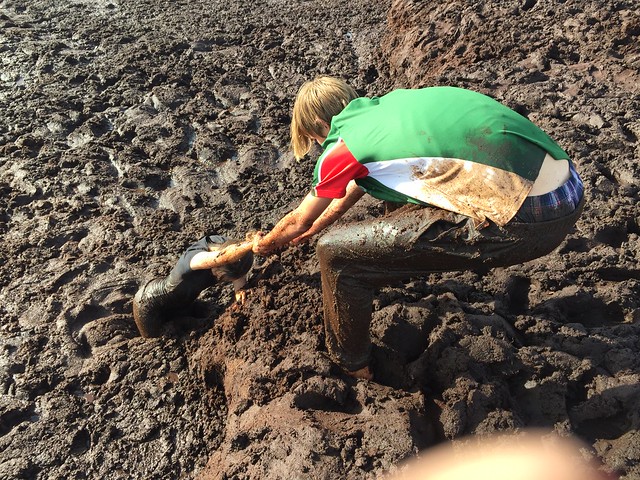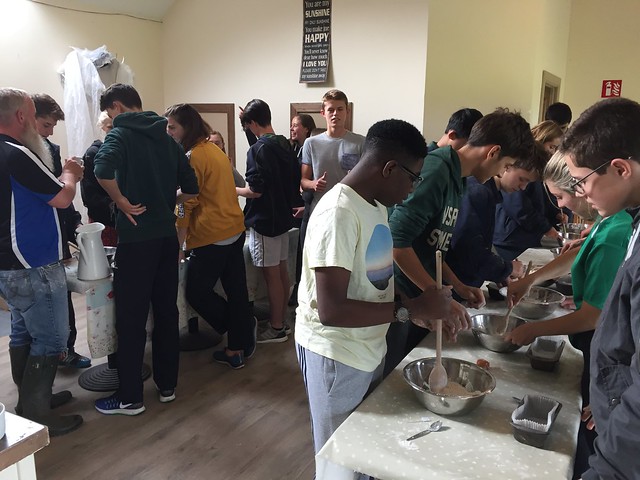Form V pupil Harry Oke writes this update on Senior Debating in the College
It is great to know debating and public speaking has become something greatly valued in St Columba’s. So far this term we have been involved in our own in-house Debating Competition, the Oxford Schools Debating Competition, the European Youth Parliament and the Concern Debates. The first round of the Senior House Debating Competition began September 30th with the motion, “This house would ban users of performance enhancing drugs for life”. The line-up was Glen against Hollypark, Tibradden & Beresford against Stackallan and Iona versus Gwynn. Glen, Stackallan and Iona were victorious but who knows what the future will holds for all houses in round two of the debates in the second half of the Michaelmas term.
The 2017-18 Concern Debates have also begun and St Columba’s put forward a team led by Jack Stokes. Unfortunately, we were not able to carry the motion “To end hunger, the world must embrace GMOs” against a formidable team from Tallaght Community School. The most important thing from all these debates irrespective of winning or losing is what you learn and gain from the experience. Debating informs us about things that are happening in our world. It affirms or challenges our original beliefs and encourages us to question everything. Debating makes us use what makes us different from all other animals, our minds. I deeply encourage anyone to give debating and public speaking a try because it is worth it. It makes us act instead of being observers and it makes us assertive. It makes us independent and there is nothing better than being your own person!











